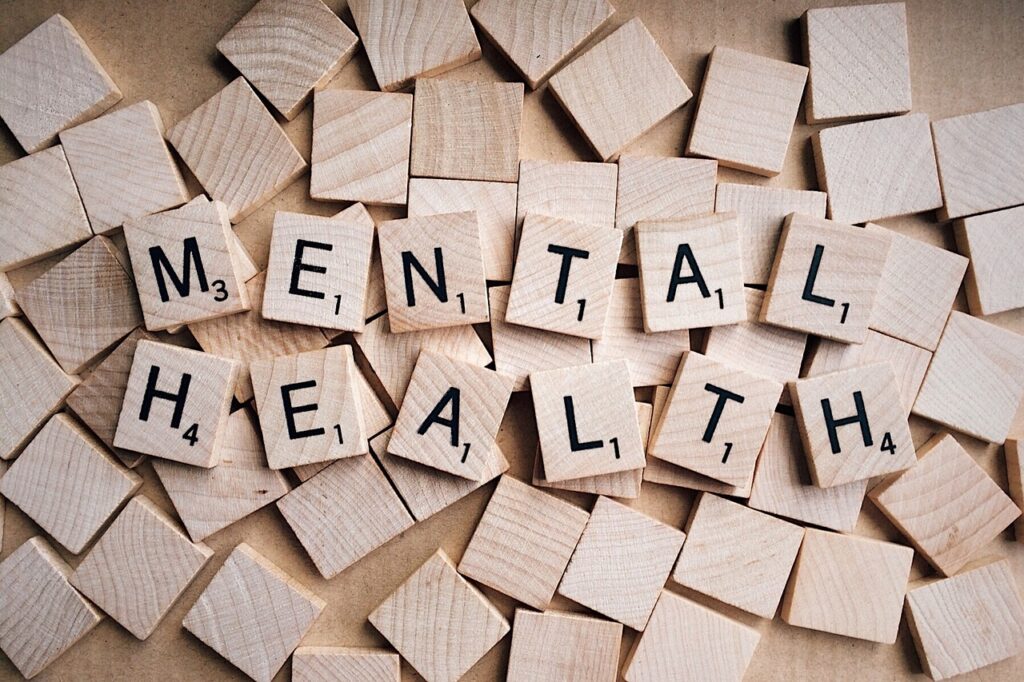
Introduction:
Mental health is just as important as physical health, but it’s often overlooked. Just like you take care of your body by eating healthy, exercising, and getting enough sleep, you can also take care of your mental health by making healthy lifestyle choices.
There are many different lifestyle changes that can improve your mental health, but some of the most important include:
- Eating a healthy diet: Eating nutritious foods gives your body the fuel it needs to function properly, including your brain. A healthy diet should include plenty of fruits, vegetables, and whole grains. It’s also important to limit processed foods, sugary drinks, and unhealthy fats.
- Getting regular exercise: Exercise is a great way to improve your physical and mental health. It releases endorphins, which have mood-boosting effects. Exercise can also help to reduce stress and anxiety. Aim for at least 30 minutes of moderate-intensity exercise most days of the week.
- Getting enough sleep: When you don’t get enough sleep, it can have a negative impact on your mood, energy levels, and concentration. Aim for 7-8 hours of sleep per night.
- Managing stress: Stress is a normal part of life, but too much stress can be harmful to your mental health. There are many different ways to manage stress, such as exercise, relaxation techniques, and time management. Find what works best for you and stick with it.
- Connecting with others: Social support is important for mental health. Make time for the people you care about and get involved in activities that you enjoy.
How lifestyle changes can improve your mental health:
There are a number of ways in which lifestyle changes can improve your mental health. For example:
- Eating a healthy diet can improve your mood and reduce stress levels. This is because healthy foods provide your body with the nutrients it needs to produce serotonin, a neurotransmitter that plays a role in mood regulation.
- Getting regular exercise releases endorphins, which have mood-boosting effects. Exercise can also help to reduce stress and anxiety by improving sleep quality and self-esteem.
- Getting enough sleep is essential for mental health. When you don’t get enough sleep, you’re more likely to experience mood swings, irritability, and difficulty concentrating.
- Managing stress can help to improve your mood, reduce anxiety, and improve your overall quality of life. There are many different ways to manage stress, such as exercise, relaxation techniques, and time management. Find what works best for you and stick with it.
- Connecting with others can help to reduce loneliness and isolation, which can lead to improved mental health. Social support can also help you to cope with stress and difficult times in your life.
Tips for making healthy lifestyle changes:
Making healthy lifestyle changes can be difficult, but it’s important to remember that even small changes can make a big difference. Here are a few tips:
- Start small. Don’t try to change everything at once. Pick one or two lifestyle changes that you want to focus on and start there. Once you’ve made those changes a habit, you can move on to others.
- Make gradual changes. Don’t try to make too many changes too quickly. This will only make you more likely to give up. Make small changes gradually over time and you’ll be more likely to stick with them.
- Find a support system. Having people who support your goals can make it easier to make healthy lifestyle changes. Talk to your friends, family, or doctor about your goals and ask for their support.
- Reward yourself. When you reach a goal, reward yourself with something you enjoy. This will help you to stay motivated and on track.
Conclusion:
Making healthy lifestyle changes is one of the best things you can do for your mental health. By eating a healthy diet, getting regular exercise, getting enough sleep, managing stress, and connecting with others, you can improve your mood, reduce stress and anxiety, and boost your overall well-being.
Additional tips for improving your mental health:
- Practice mindfulness. Mindfulness is the practice of paying attention to the present moment without judgment. It has been shown to be effective in reducing stress and improving mental health. There are many different ways to practice mindfulness, such as meditation, yoga, and tai chi.
- Seek professional help. If you’re struggling with your mental health, don’t be afraid to seek professional help. A therapist can provide you with support and guidance as you work to improve your mental well-being.
Remember, you’re not alone. Mental health is a common issue that affects people of all ages and backgrounds. If you’re struggling,